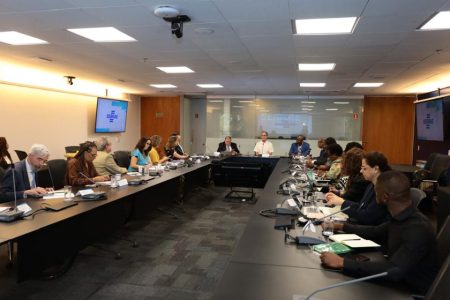Timor-Leste has shuttered its fledgling online gambling and betting sector amid growing evidence of organised crime and national security threats, reports Portuguese news agency Lusa.
The government approved a resolution on Wednesday to cancel the licenses granted to online games and betting operators. Presented by cabinet affairs minister Agio Pereira, the resolution also cancels ongoing procedures for granting new licenses and prohibits granting new licenses for this type of activity.
The move to shut down the sector in Timor-Leste comes in response to “identified risks to the country’s security, social stability, economic integrity and international reputation,” a cabinet statement said. The responsible minister will work alongside security forces to ensure compliance with the new restrictions.
Timorese authorities previously raided a suspected scam centre in the Special Administrative Region of Oecusse-Ambeno (known by the Portuguese abbreviation RAEOA) in late August, detaining 10 suspects allegedly connected to unlawful gambling and computer fraud schemes. A UN report issued shortly after the raid revealed transnational organised crime groups had embedded themselves in the Timorese exclave.
[See more: Concern is growing over the establishment of scam centres in Timor-Leste]
The United Nations Office on Drugs and Crime (UNODC) report, published 11 September, said that the RAEOA “appears to have been targeted by criminal networks.” It observed there was every indication of digital criminal activity in the area, including involvement by individuals previously convicted of comparable offences in other Asian countries. “Once infiltrated by organised crime these jurisdictions often become hubs for cyber fraud, drug trafficking, and human trafficking,” the report warned.
Convicted cyber criminals also infiltrated the region’s National Digital ID project, described by the RAEOA government as a cornerstone of the country’s paperless governance strategy.
These two factors pose “a serious security risk”, the UNODC report stated, as Timor-Leste prepares to join the Association of Southeast Asian Nations (ASEAN) later this month. “It exposes vulnerabilities in personal data protection and digital infrastructure, increasing the potential for fraud and undermining trust as the country integrates into ASEAN’s digital and economic frameworks.”
There is also the matter of government involvement. The UNODC report stated that a person “who holds a position in the government of Timor-Leste” is one of the owners of a hotel that “appears to harbour companies” with criminal activity. The hotel is also allegedly associated “through common business interests” with an establishment in Dili linked to the recently ousted leadership of RAEOA.






